
A show about relationships with the land
There are many ways to listen to the show: Listen live on CFRU 93.3 fm broadcasting from the University of Guelph Mondays at 6pm EST or listen to the podcast via Spotify, Apple, or just follow the rss feed.
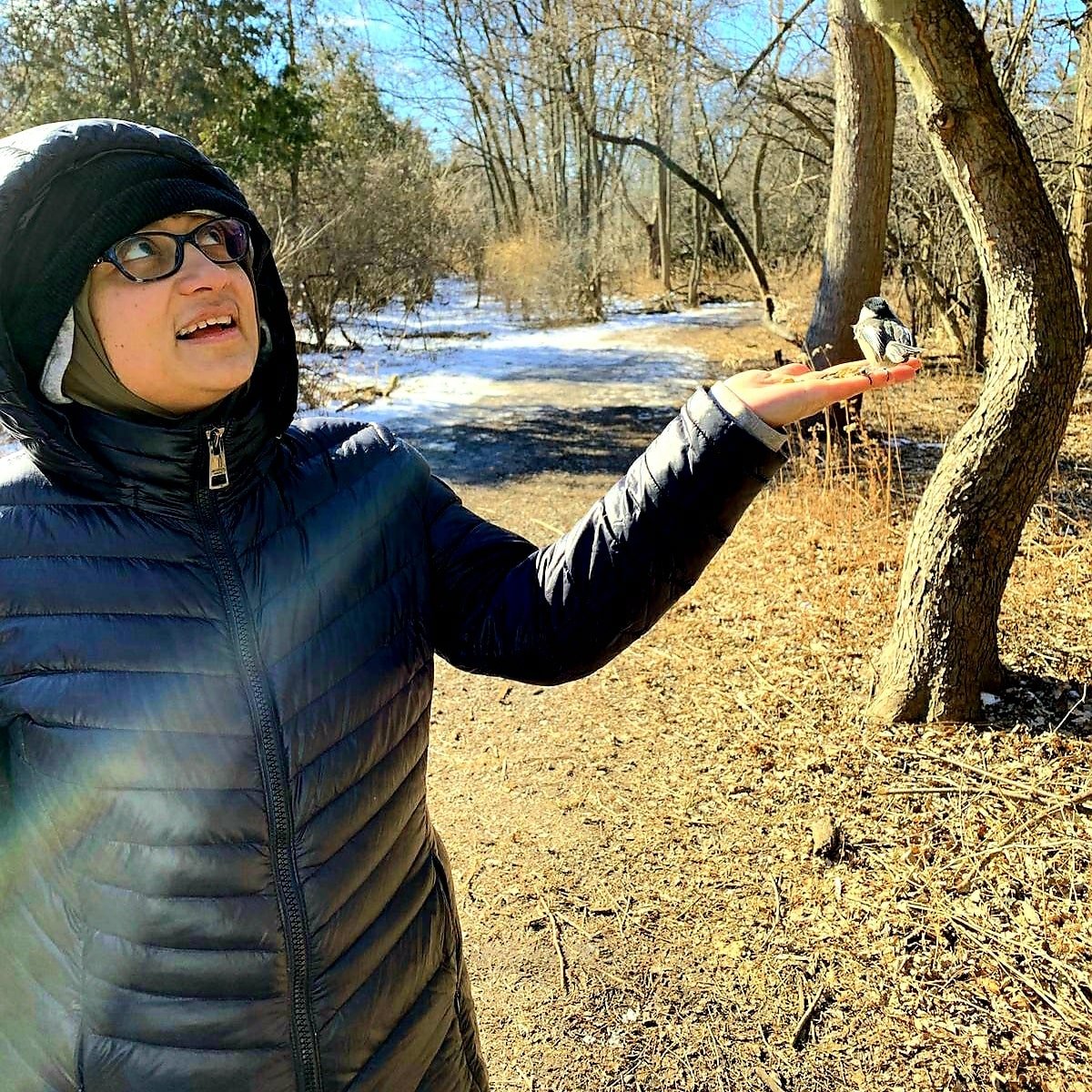
Ep. 198 : Understanding Ecopsychology with Memona Hossain
“One of the things we tend to do culturally, the framework is to separate humans from the earth and to see them as two separate entities, rather then seeing that as an interconnected relationship..”
My experience with Memona is that she is all about challenging that feeling of separateness and working towards restoring and remediating that disconnect between the sacred Earth and us humans who may have forgotten it. She has described Ecopsychology in the past as “the area of study that explores the connective, holistic relationship between humans and the Earth,” and her passion really drives that home, albeit in a very open way, often allowing the land to lead in that remembering and reconciling.
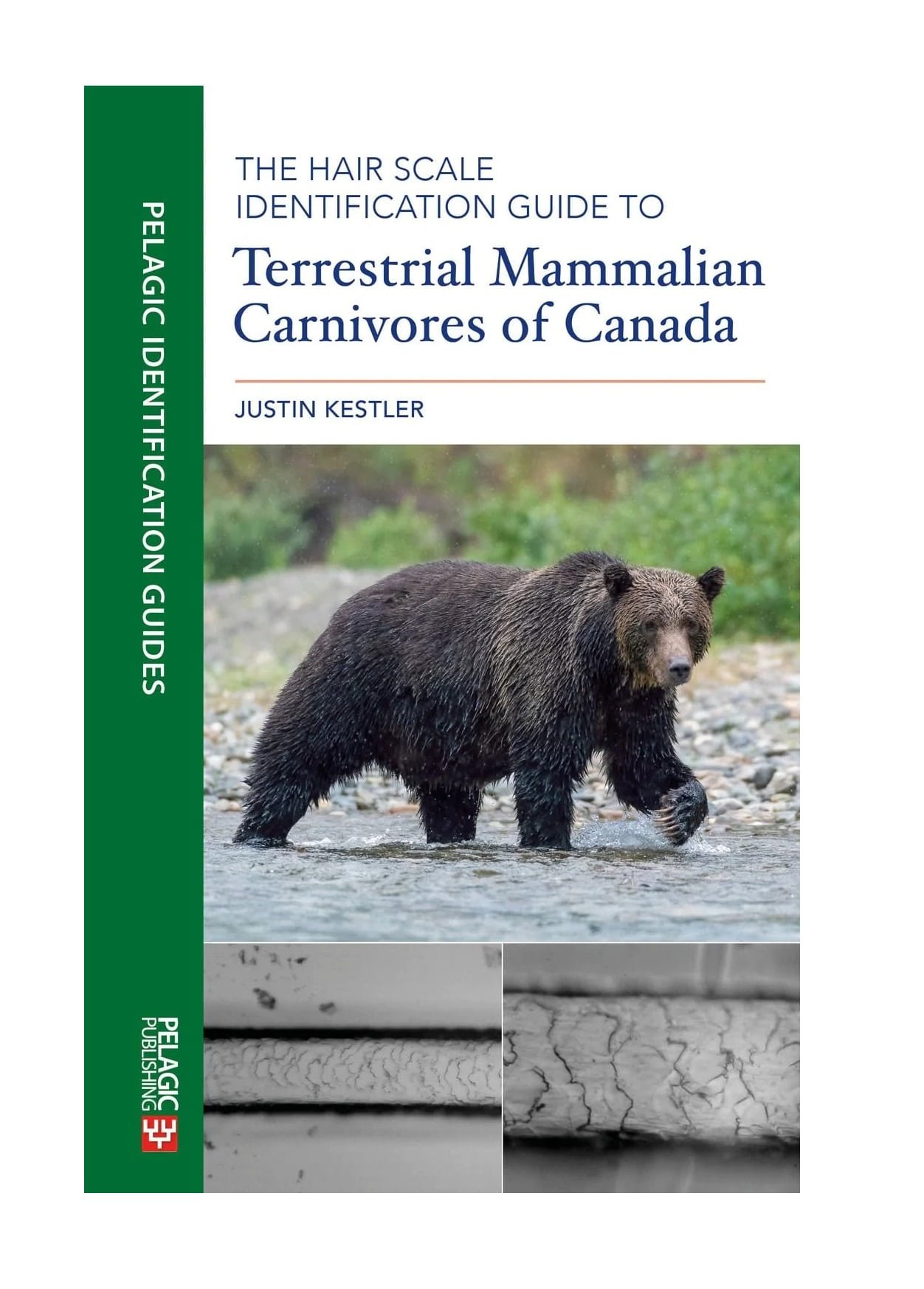
Ep. 196 : Hair Scale Identification Guide to Terrestrial Mammalian Carnivores of Canada with Justin Kestler
Justin Kestler and I got to talk about his new book The Hair Scale Identification Guide to Terrestrial Mammalian Carnivores of Canada. This concise book is a quick guide to interpreting the origin of hairs based on the morphology of scales along the cuticle (outer side) of the hair. It’s not like a fingerprint per se, which attempts to identify an individual human, but instead may help to identify a species. This is because the scale structure is different across species but not so much individuals of that species. Make sense?
We talked about the process of documenting the hair scales, acquiring the hairs, and a bit about ecological traits which might be indicated through the characteristics of the hairs. It was really fun to nerd out about the finer details of hairs. The book, and the interview have really pushed me to keep a hair journal and begin looking for a microscope. Maybe in the future…
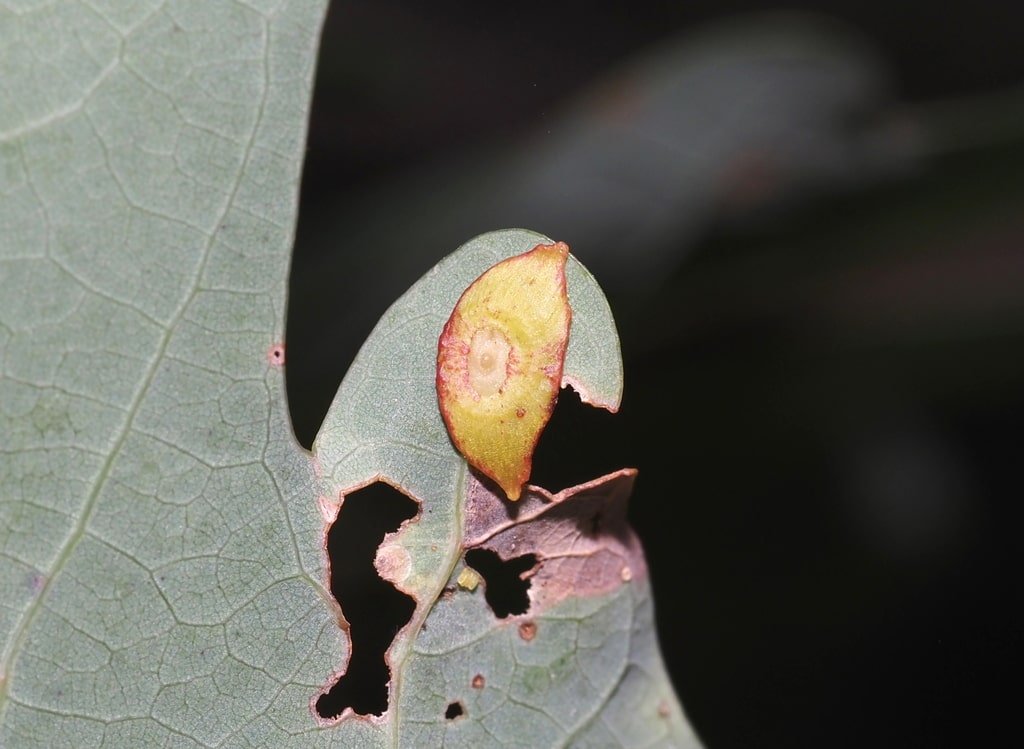
Ep. 195 : Gallformers.org
Gallformers.org has been referred to me by a few friends over the past few months as they helped me to identify some unknown galls I have found in the field. I have written about galls on this website many times as well, usually having to refer back to gallformers.org finally figure out who made them.
My appreciation and curiosity surrounding galls and their ecologies could just go nowhere if I didn’t have tools and resources to help me find answers to my curiosities, but because of Adam and Jeff at gallformers.org I have been able to keep going down the gall makers emergence hole and am consistently learning so much as I go.
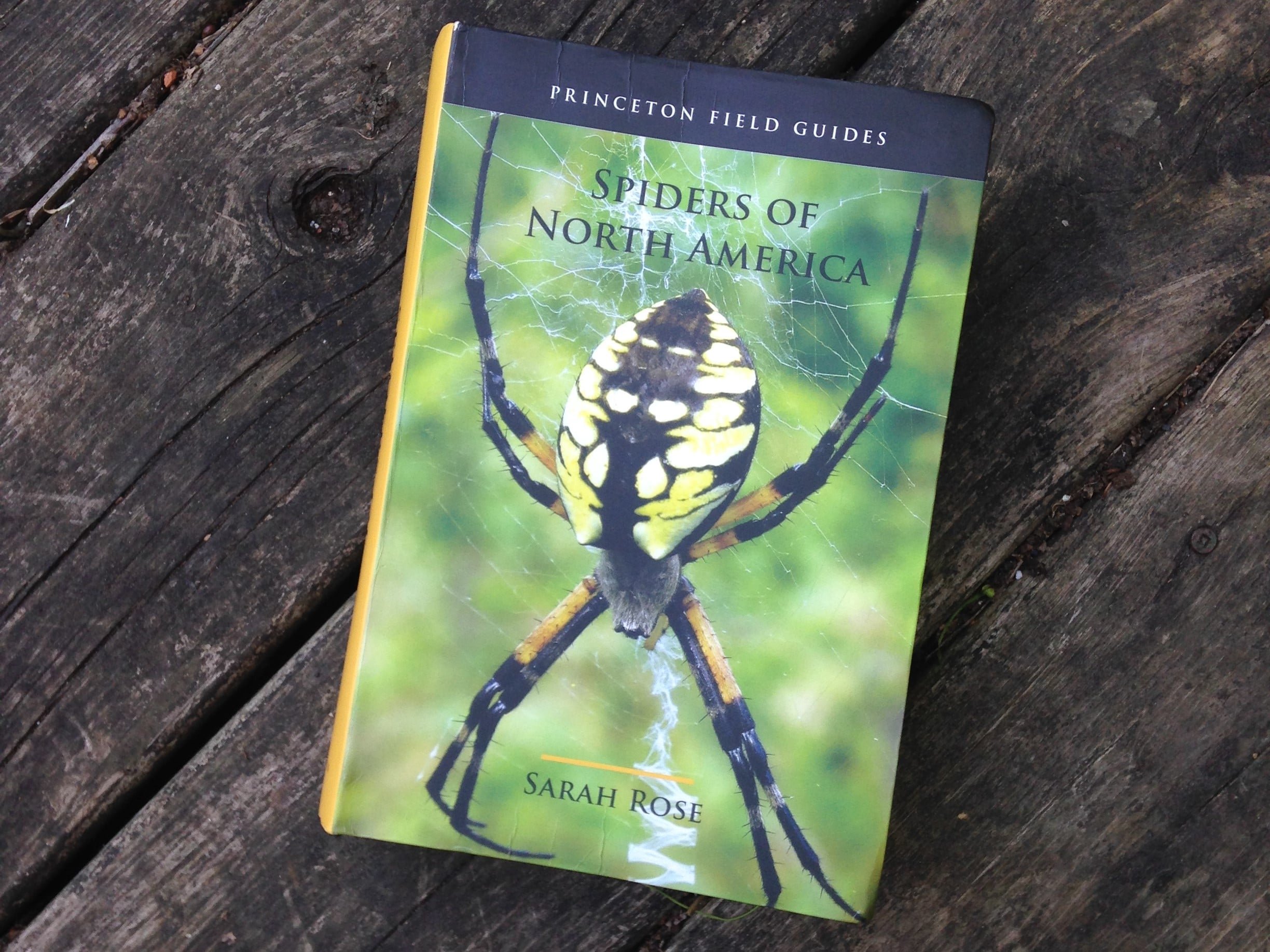
Ep. 193 : Spiders of North America with Sarah Rose
I am overwhelmed sometimes by the sheer diversity and quantity of Spider species I encounter. So many! I take a ton of photos and bring them up on my computer hoping to try and identify a couple, and maybe write about who I am seeing out there, but the precious few who I have been successful in identifying are just that, the precious few.
It has been hard to find a good field guide to Spiders. When I recently I got a copy of Spiders of North America by Sarah Rose I was stoked.
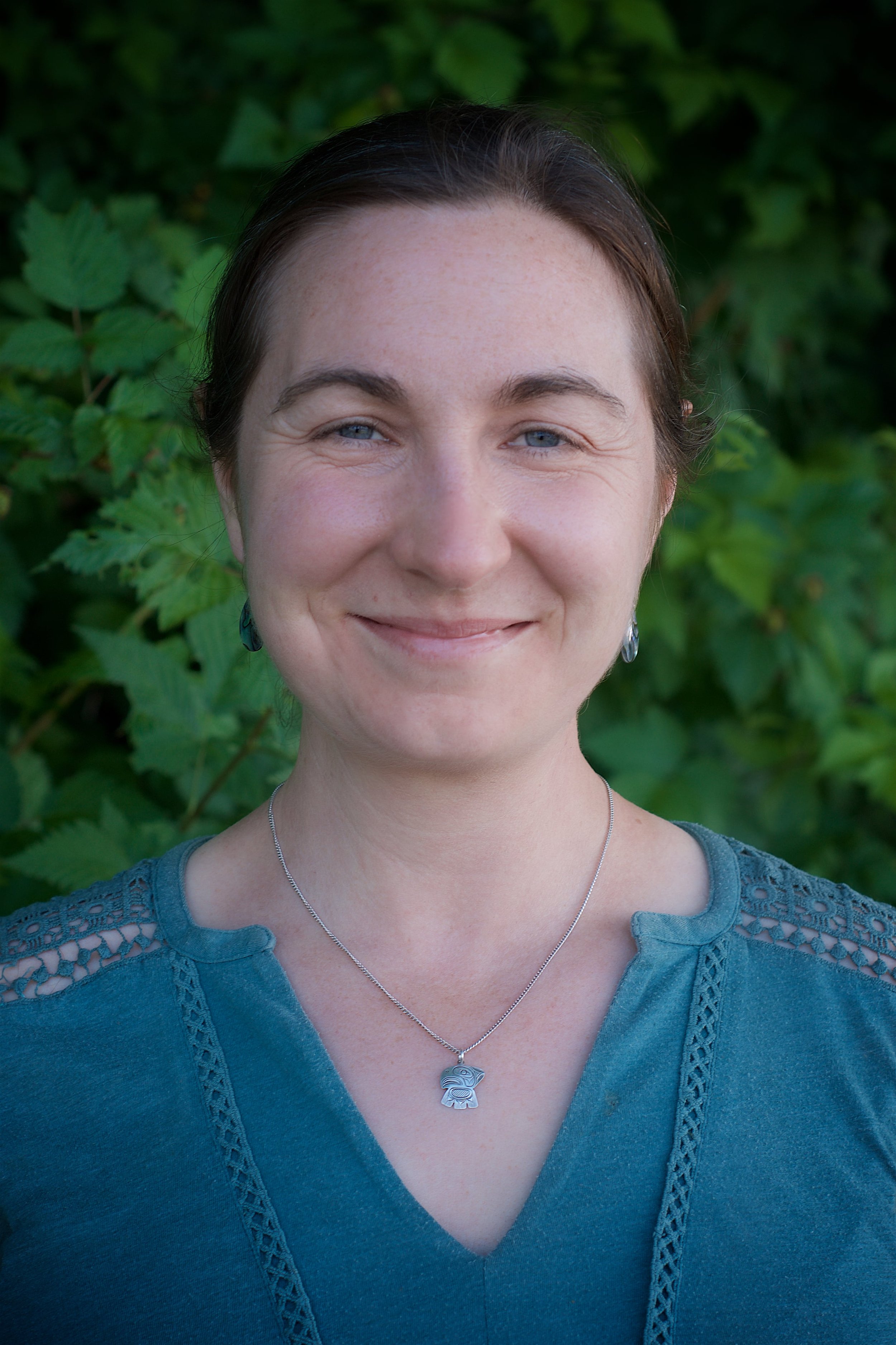
Ep. 192 : Daniella Roze on the harm in our work
Daniella Roze lives this stuff. Seriously. She has spent years living off grid in a small community of folks learning how to live in closer connection with their land base out West. She has done month long adventures with a crew of women living with only the hides on their backs and whatever they could harvest from the land. She is also the founder, and was the former director and lead instructor at the Thriving Roots Wilderness School. Land based learner, educator, ecopsychologist, and PhD candidate, Daniella is well acquainted with the healing and possibility in the work of helping folks connect with the land, but she is also aware of the harms.
Together we discuss how can our nature based organizations work towards “justice” when we have blinders imposed by the dominant culture? When we replicate racist hiring practices, when we speak of the land in ways that erase the indigenous histories of the places where we work? How can we do the work to be more equitable, inclusive and welcoming to black, indigenous and other folks of colour?
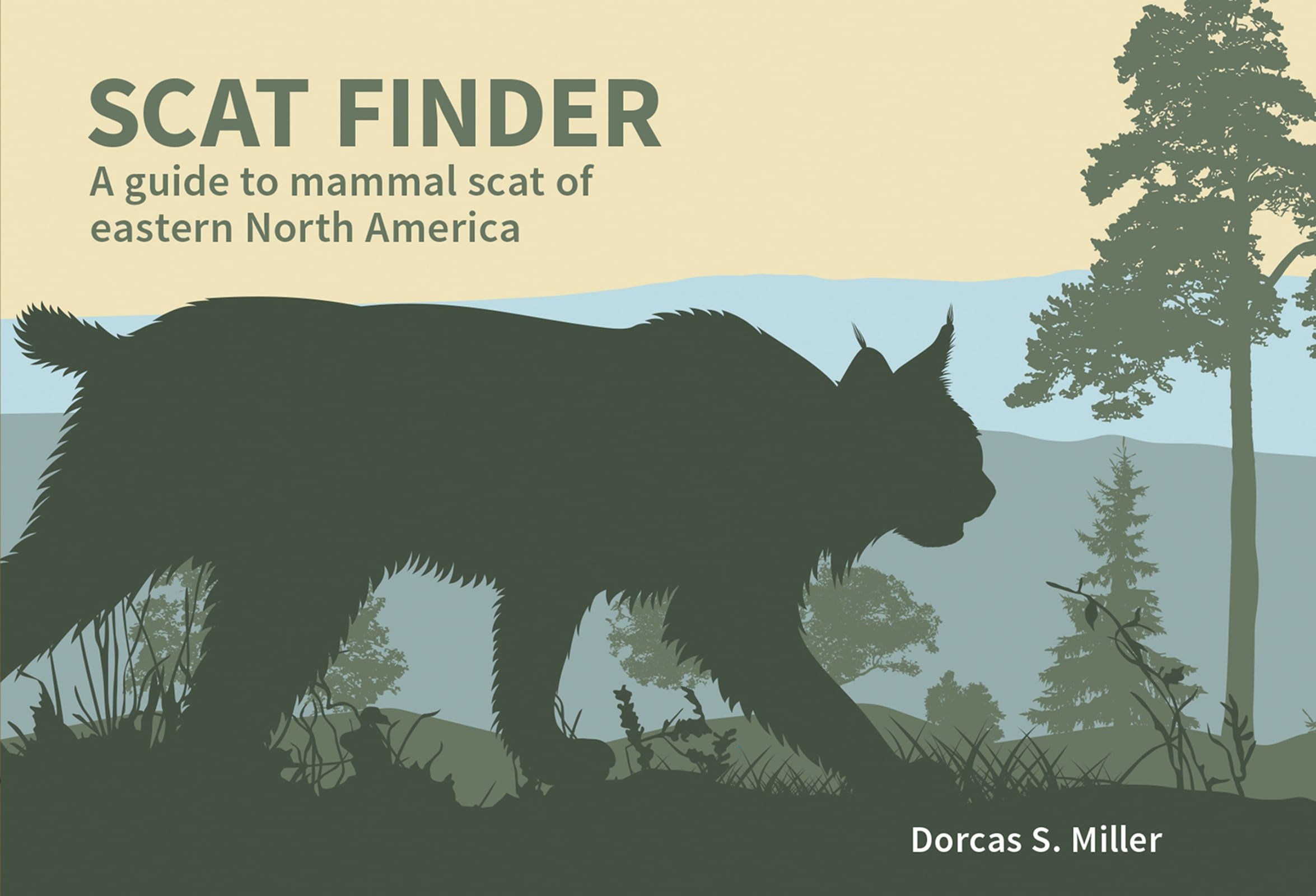
Ep. 191 : Scat Finder with Dorcas Miller
Finding and identifying scat is definitely part of a trackers repertoire as scat is a gateway into the natural history of the animal who left it. It highlights which species the animal is in relationship with, can help identify where the animal has been, and more generally can teach us more about our land base, which really is the point of this show.
Dorcas and I share stories while I ask questions about her awesome new book. It was an honour to get to talk with Dorcas.
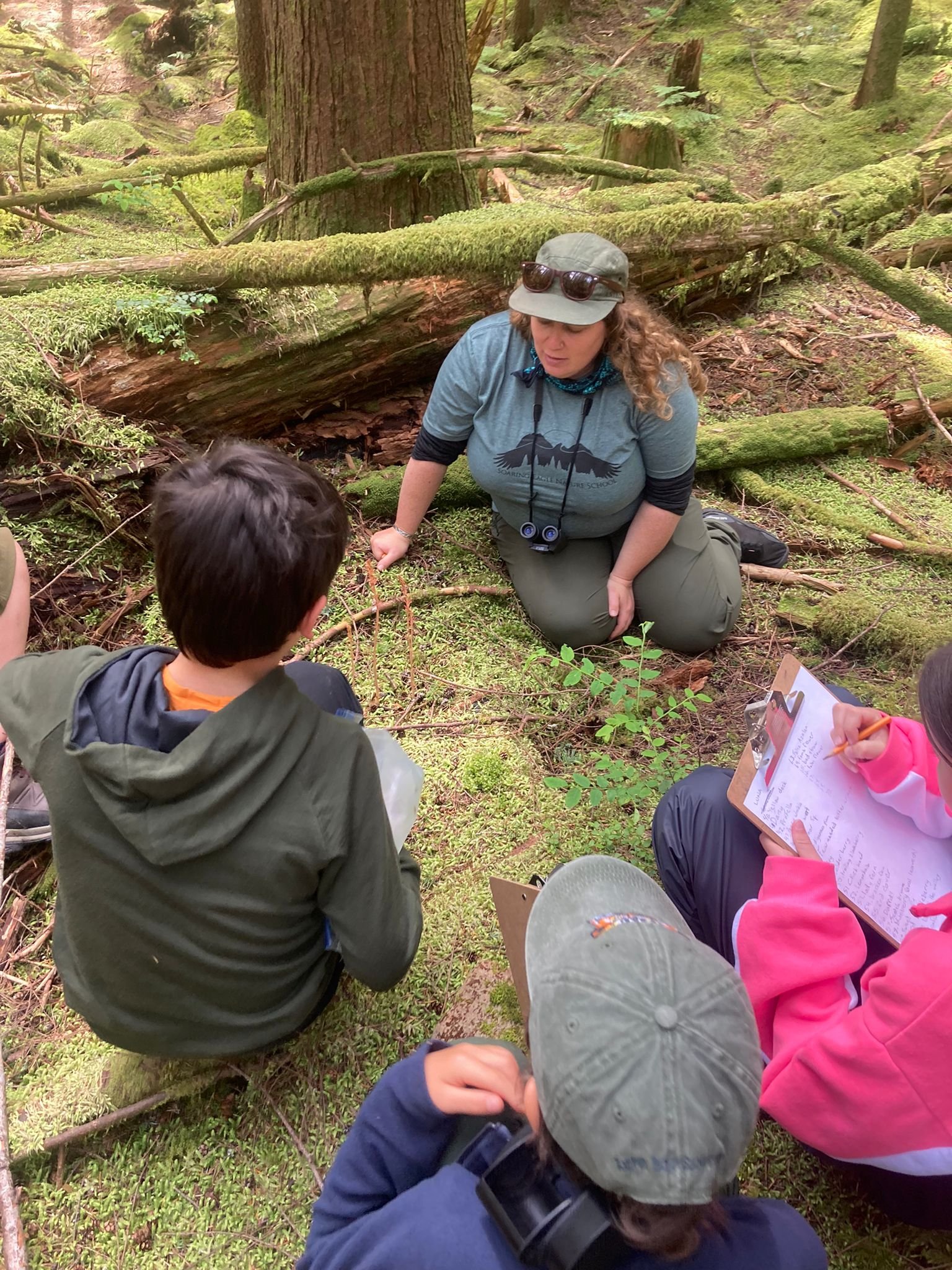
Ep. 190 : Jenna Rudolph on the harm in our work
Jenna Rudolph has been running an nature school on unceded territories on the West coat of the continent. What does it mean to support students in developing connections to a land base that is stolen from indigenous people? It would be easy to shy away from the question, as many have for so long, but Jenna and her colleagues at Soaring Eagle Nature School are trying to explore this question directly, with humility, patience and deep care.
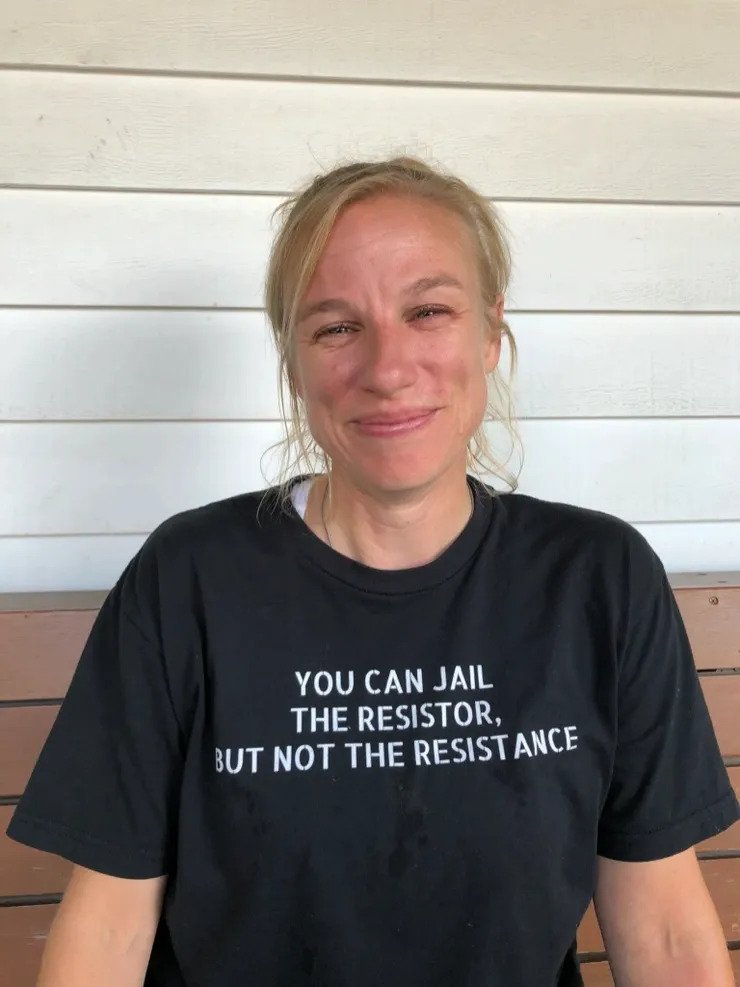
Ep. 189 : Jessica Reznicek Is Not A Terrorist
On July 24, 2017, Jessica Reznicek admitted to engaging in acts of sabotage to stop the Dakota Access Pipeline. Her actions resulted in 4-month delay in pipeline construction. Despite the fact that the pipelines were not running at the time so there was no chance of a spill and no one was hurt during the acts of sabotage U.S. federal Judge Rebecca Goodgame Ebinger later applied a domestic terrorism enhancement to Jessica’s sentences doubling her prison term to 8 years locked up, followed by 3 years supervised probation. Last week, Reznicek's attorneys argued an appeal that the district court had inappropriately decided that her actions constituted a federal crime of terrorism. They are now awaiting a decision concerning the appeal.
For this show I got to talk with Charlotte from the Support Jessica Reznicek Network about Jessica’s case.
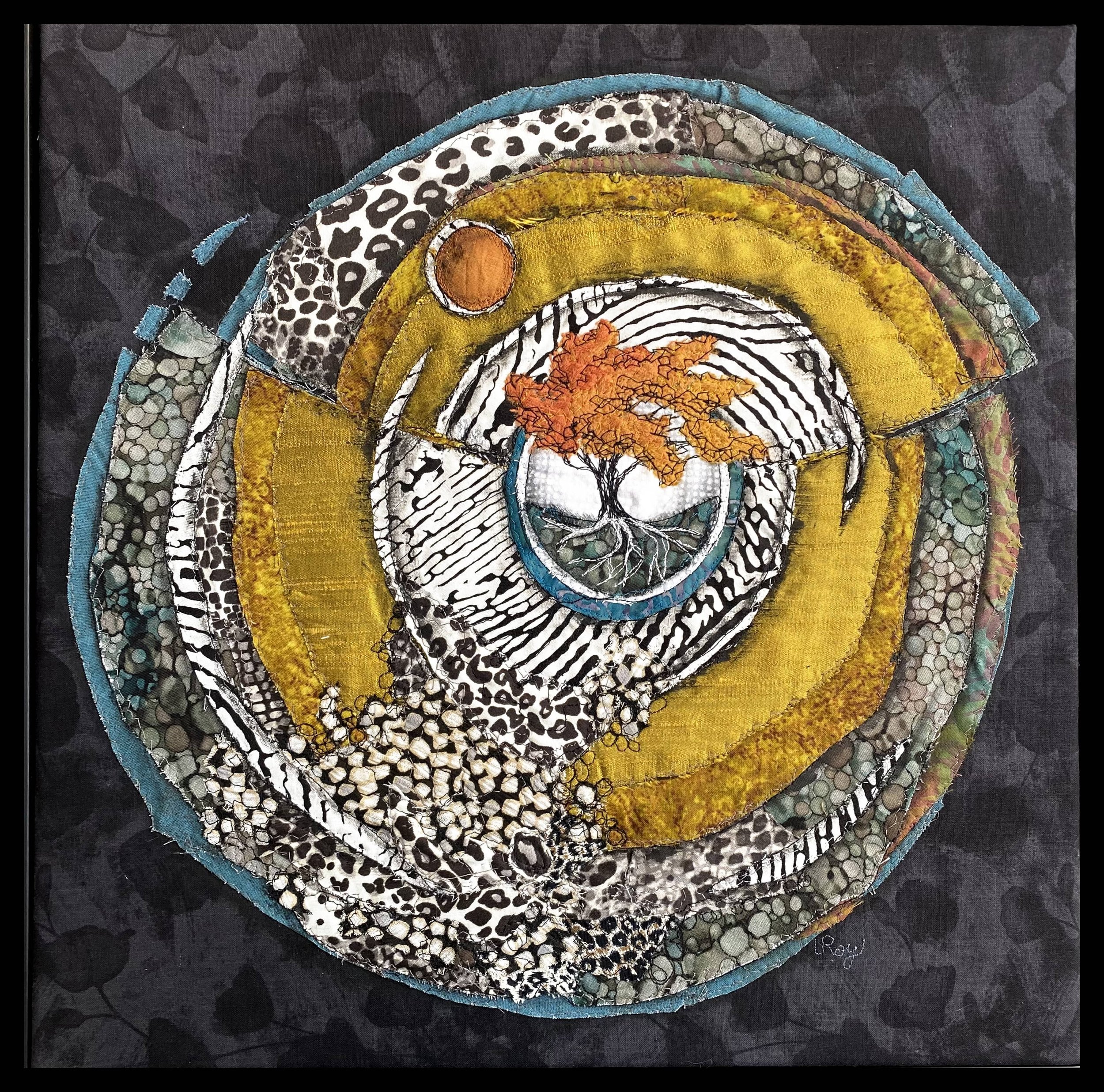
Ep. 185 : In conversation with Lorraine Roy, and Greg Kennedy SJ.
By calling, Greg is a Jesuit priest. Lorraine, a textile artist. Both have a keen eye for observation, and translation. Learning to see the wonder and awe embedded in the guardians of the air we collectively breathe, the trees, they render the arboreal grace and might into earthly transmissions which allow us to know the land a little better.
On Earth Day weekend, April 22-24, Greg Kennedy, Lorraine Roy and I will be facilitating a retreat at the Ignatius Jesuit Centre with the theme of Trees. In this conversation we share some of why we are involved in this project, and to reflect on what brought us to this work, who has inspired us, and what we hope to bring to this emergent weekend.
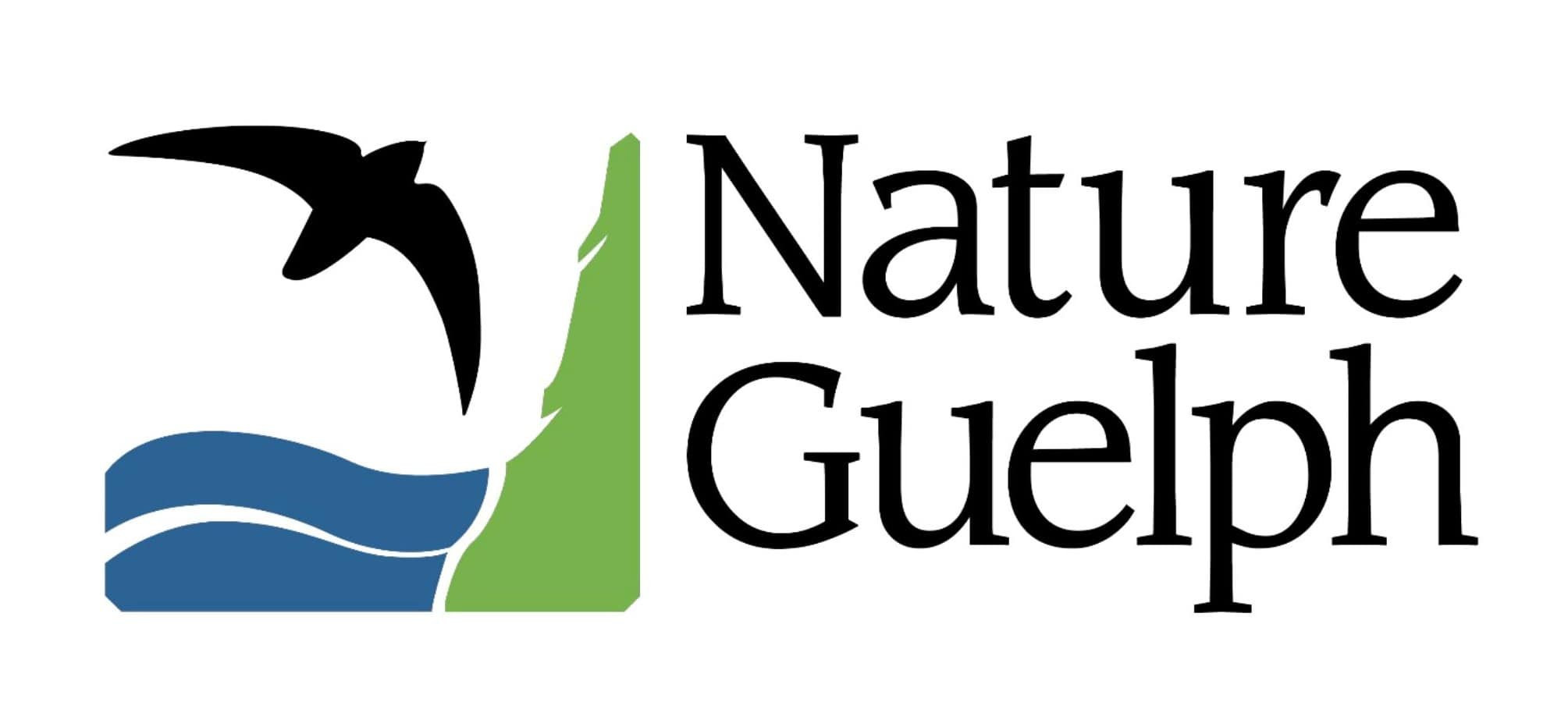
Ep. 184 : Nature Guelph
Nature Guelph was established in 1966 and since then has been promoting connection with the lands in and around the city I now call home. I have been attending their events for years, always drawn in by their knowledgeable speakers and presenters and great community. It has been a hub for naturalists in Guelph and I have been so lucky to get to know the broader community of humans and non-humans through their efforts.
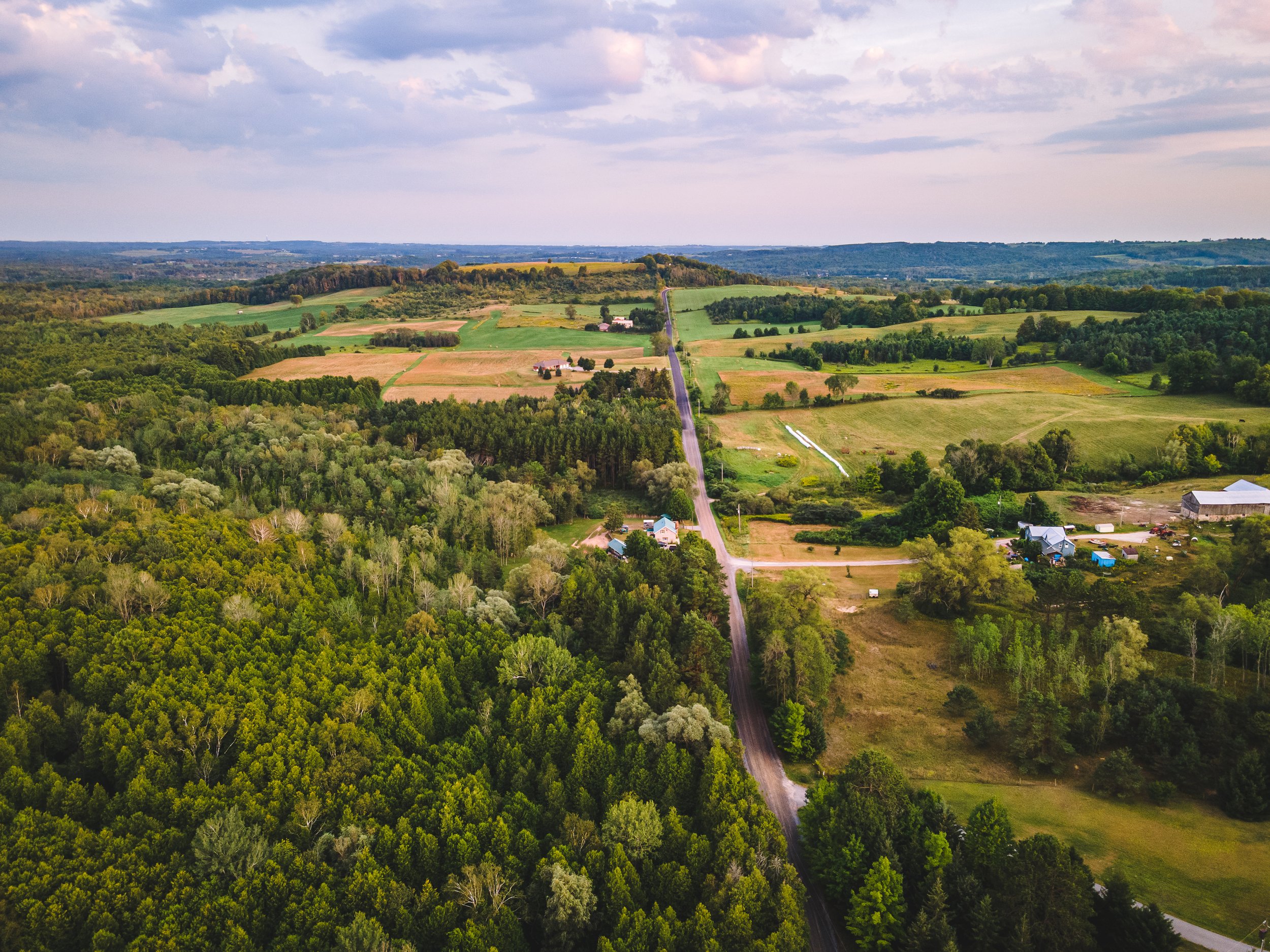
Ep. 177 : Greenbelt Foundation with Shelley Petrie
2,100,000 acres protected within not only the most populous area in Canada, but one of the most important economic areas, the struggle between development and sprawl vs protection and conservation of farms, forests and fragile wetlands is a very real undertaking, and one very much beyond me. Getting to talk to Shelley Petrie of The Greenbelt Foundation was helpful in understanding some of the details of what exactly the Greenbelt is and who the Greenbelt Foundation are.
With a local council North of Toronto recently voting in favour of a developer’s request to redesignate 1,400 acres of Greenbelt farmland into developable lands I got to wondering if the Greenbelt can hold up against this and possible future impingements? Where do folks allow development and where do folks protect lands?
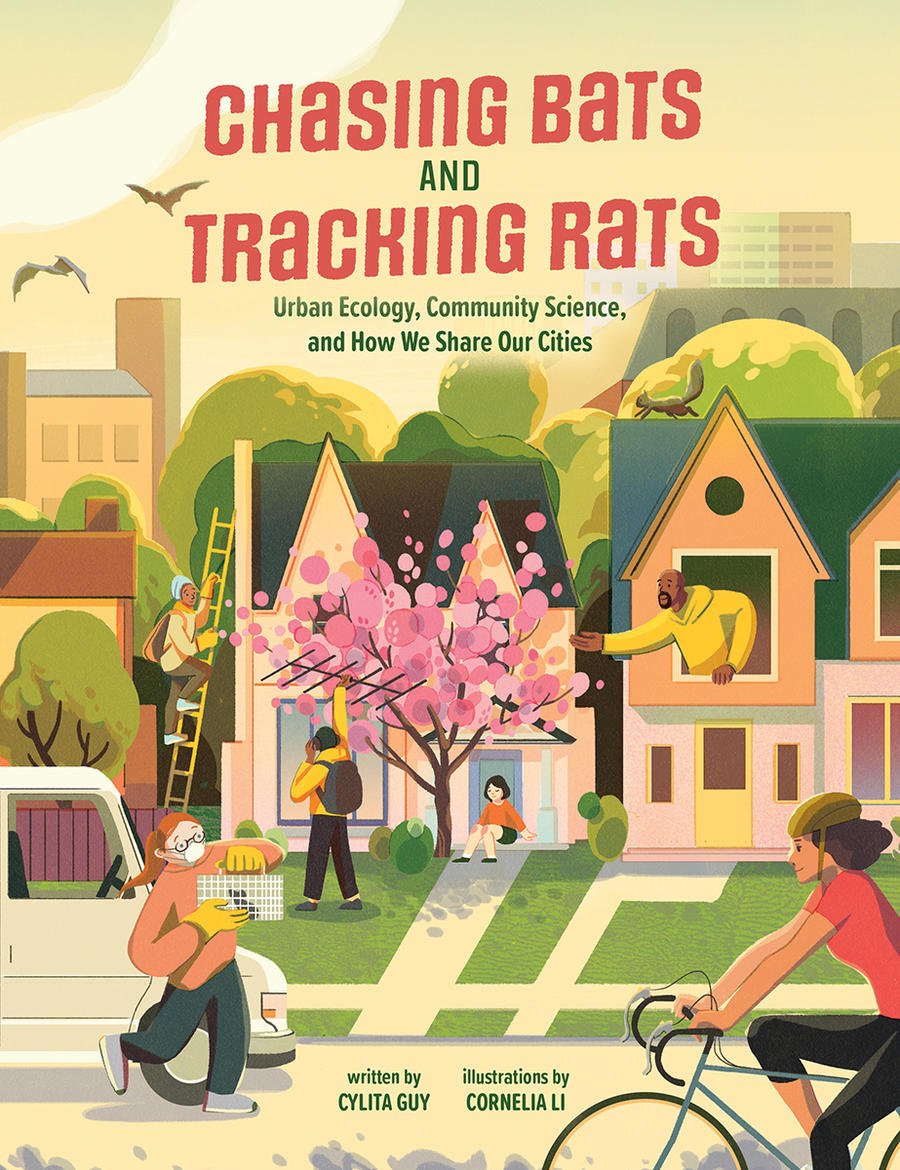
Ep. 176 : Chasing Bats and Tracking Rats with Dr. Cylita Guy
When I began reading it I realized Dr. Cylita Guy’s new book Chasing Bats and Tracking Rats I realized that it is more than what it seems. Cylita has written about how eight different researchers go about conducting their research along with how they themselves, as individuals, some as BIPOC scientists, interact with and encounter their work.
There are stories of late night encounters with the police, and of a scientist observing birds in park being asked to leave because other park goers were “uncomfortable” likely because the scientist was a Black woman. There are stories of urban ecology researchers that reflect the urban human population dynamics which, in some ways, are comparable to the wilds they work to understand. Life blooms everywhere, and within these pages I read the stories of the broad ecologies which I am not only witness to, but also apart of.
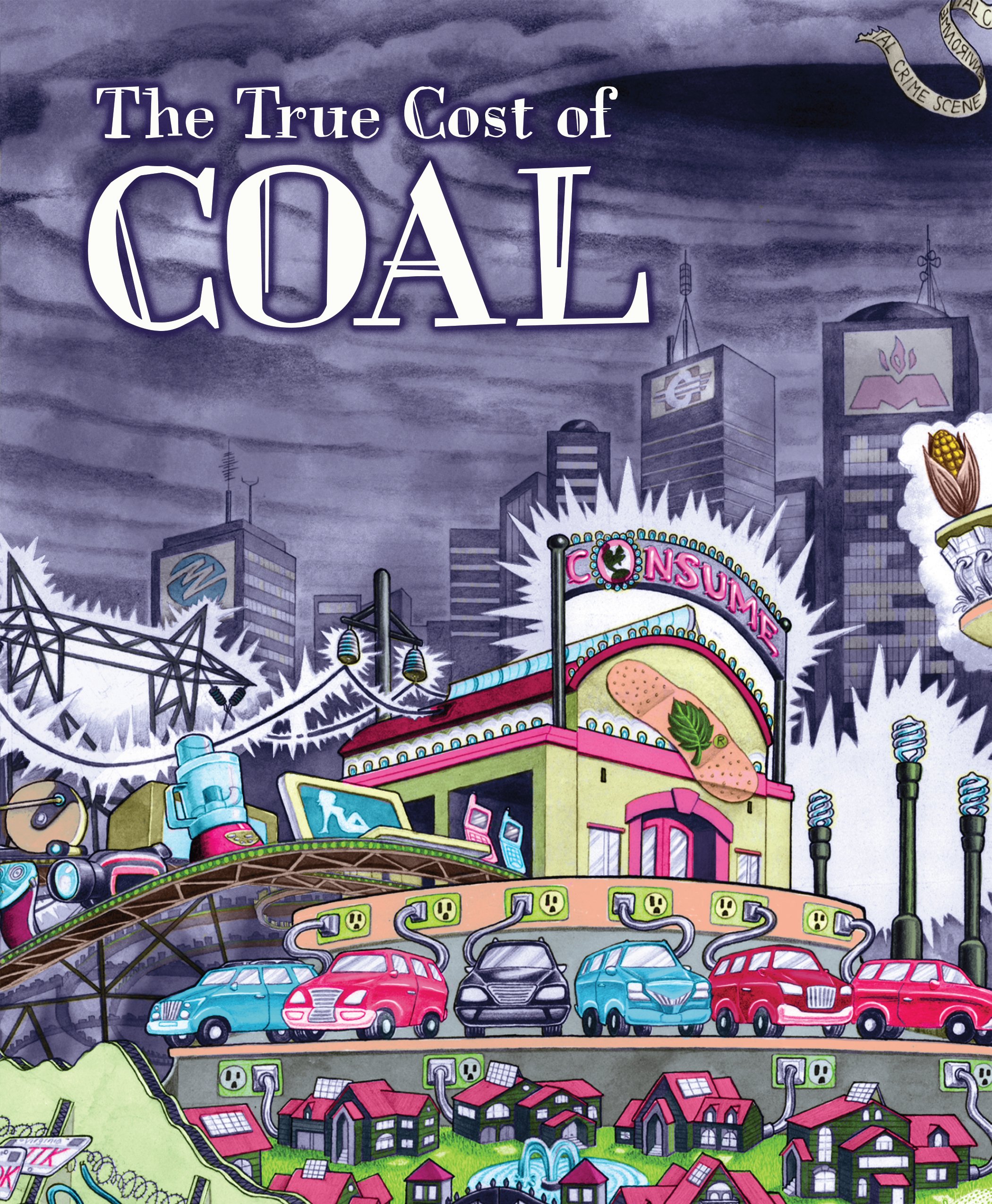
Ep. 174 : The True Cost of Coal with the Beehive Collective
The massive Beehive Collective posters were a big part of my culturation and activist upbringing. Every punk house, infoshop, or radical space I encountered had one. But despite seeing them so often, these black and white billboards were still a little mysterious and the narrative a bit illusive.
When Saku and D came through this past week they brought with them a simplified key, a song, a Seussian poem detailing the narrative of the work, which made it much more approachable to a broader, and younger audience. Inspired by their own child and the desire to teach them about what has been going on in the world, they put together a new book detailing the true cost of coal.
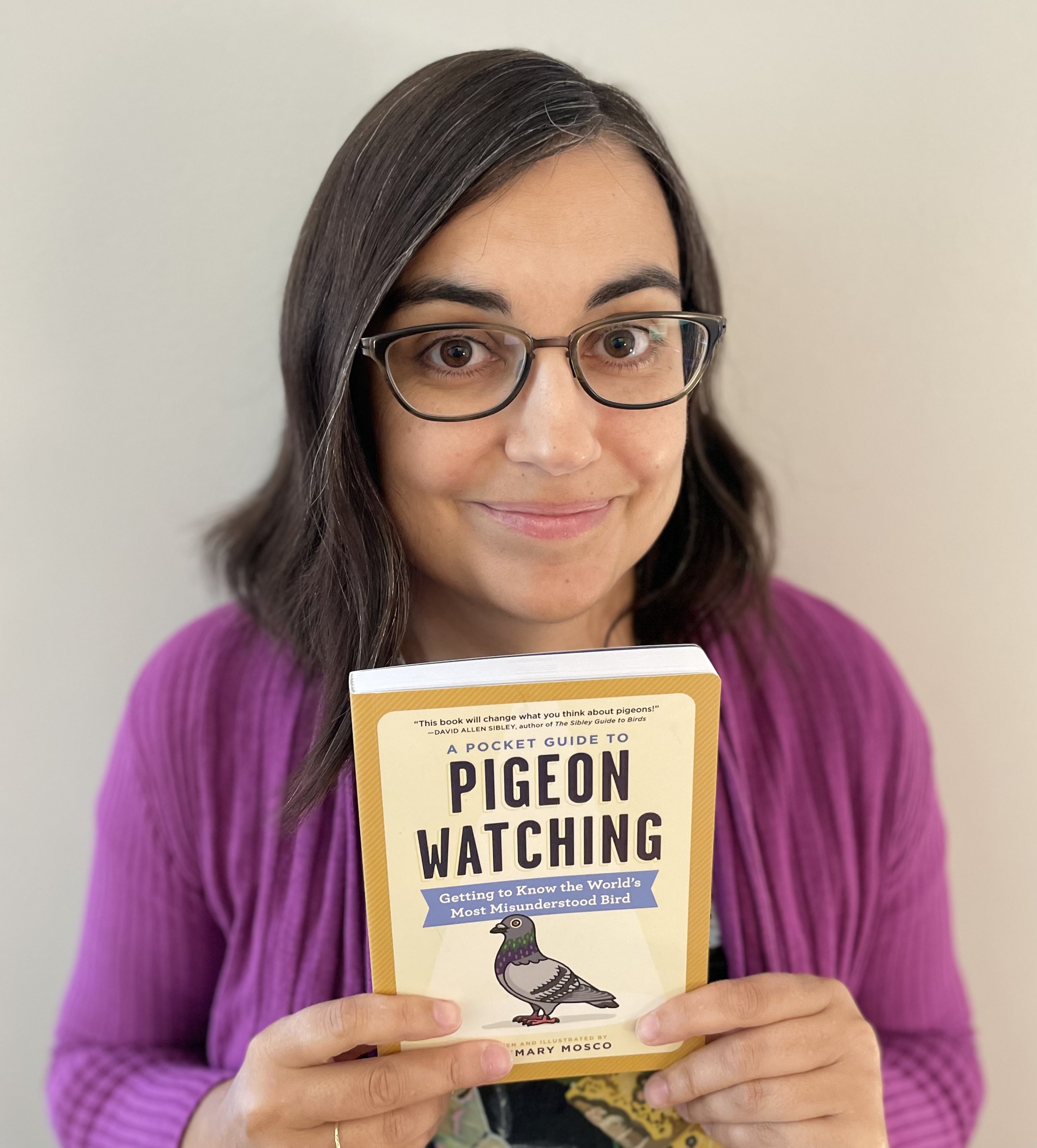
Ep. 173 : Cartoonist and Author Rosemary Mosco
I really appreciate when I can meet someone who can take something despised and vilified and transform it into a beautiful focal point, braiding together natural history, human history, and urban ecology. Rosemary Mosco is someone who does this on the regular.
I got to talk with Rosemary about her own connections with nature, her award winning comic birdandmoon, really diving deep into Pigeons (Columba livia) and her new book A Pocket Guide to Pigeon Watching.
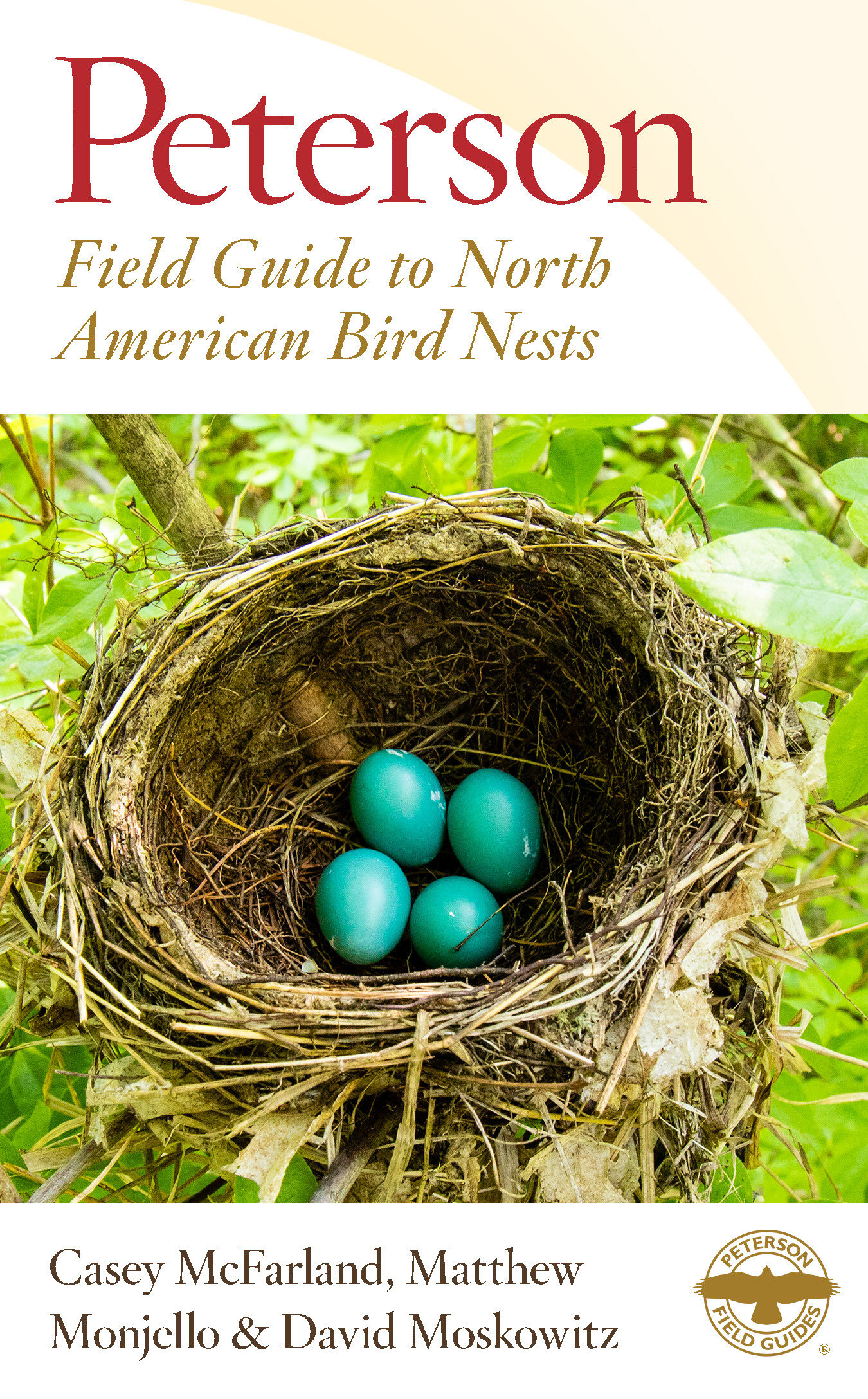
Ep. 168 : Peterson Field Guide to North American Bird Nests with Casey McFarland
Casey McFarland, Matthew Monjello & David Moskowitz have come together to revamp the Peterson Field Guide to Bird Nests. In one (kinda thick) package they managed to fit descriptions of over 650 bird species along with beautiful high quality photos of many examples of the varied avian architectures discussed.
Casey McFarland joined me for a great conversation on what it took to make the book happen. We discuss the legacy Hal H. Harrisons work and how his book inspired a lot of what Casey, Matt, and David wrote, but also they were determined to find new practices that weren’t as invasive in their search for beautiful shots of nests and eggs.
Shout outs to Matt Monjello and David Moskowitz who could not be apart of the interview.
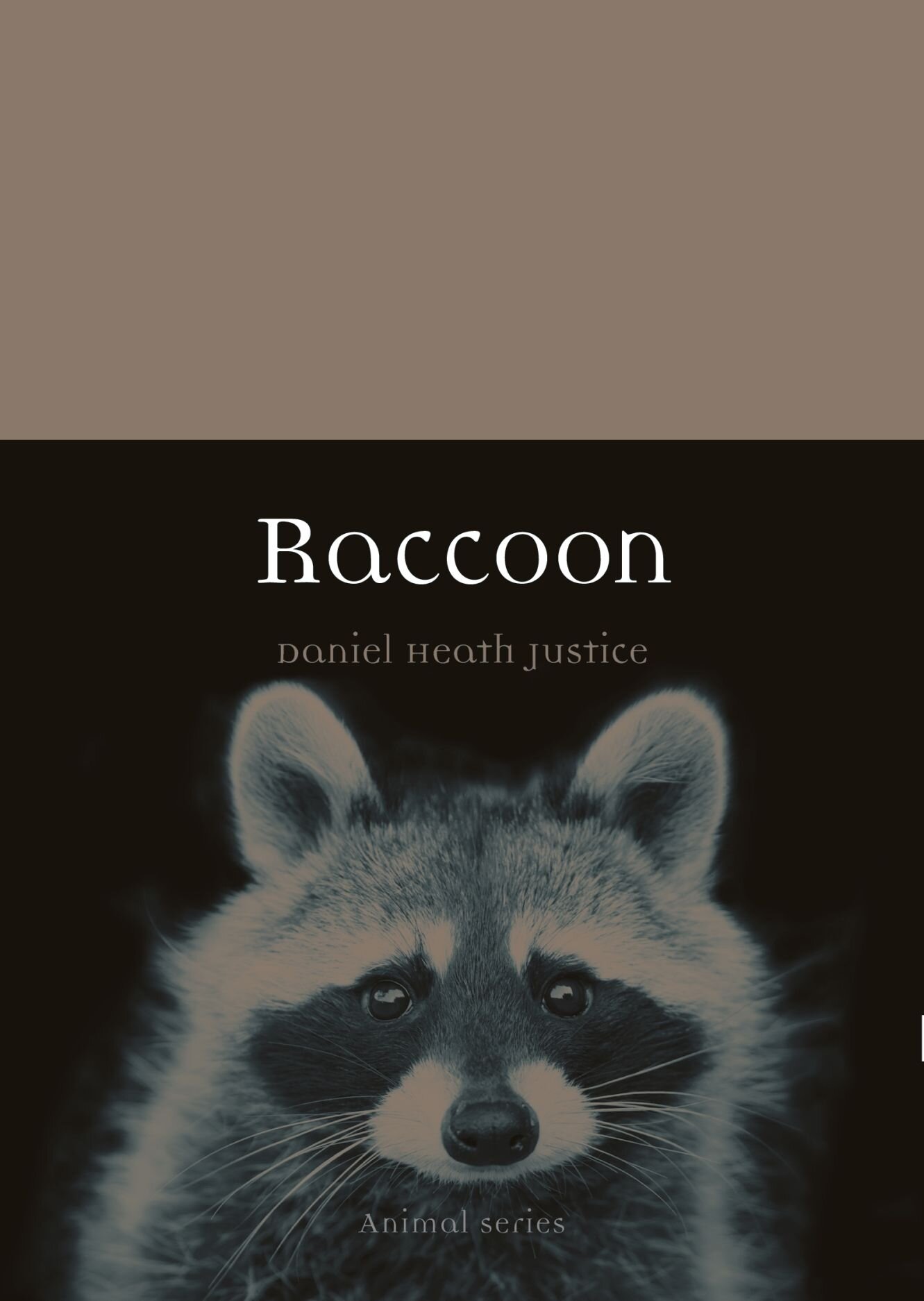
Ep. 164 : Cultural histories of Raccoons with Daniel Heath Justice
Who would have thought that a small woodland creature would have made such an impact on the land, hearts, minds, and cultures of those who have encountered them.
Author, professor and animal nerd Daniel Heath Justice helps us navigate the wild cultural impacts and impressions of Raccoons. Raccoons are imprinted on the imaginary as “category-defying, rule-breaking and boundary-breaching beings”. They are models for both lean, resilient, images of the noble wild as well as pestilent dumpster dwelling “trash pandas”. Queer creatures indeed.
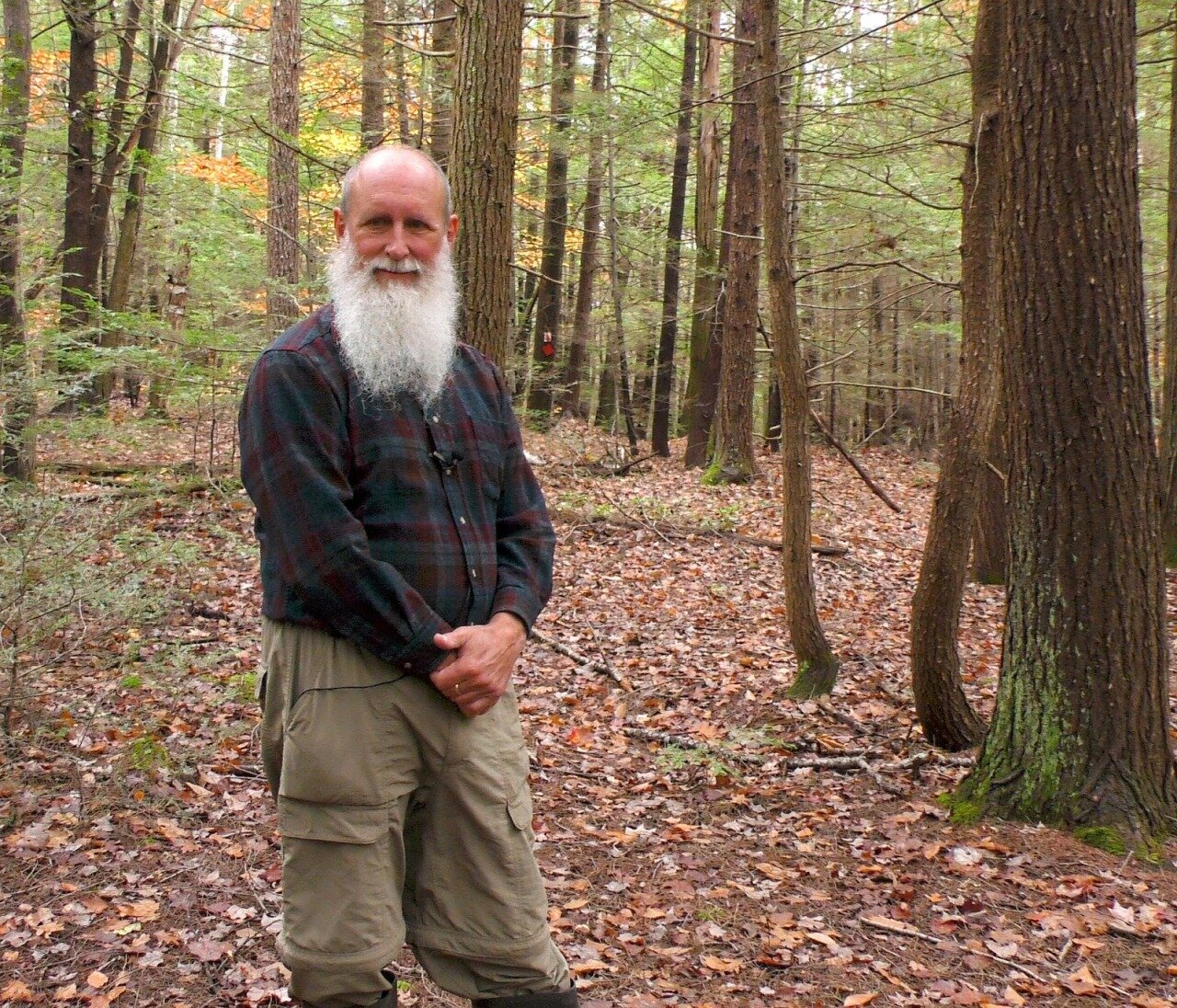
Interview with Tom Wessels, Terrestrial Ecologist (from the archives)
Interview with author, educator, terrestrial ecologist and inspiration, Tom Wessels.
Tom has written extensively on “forest forensics” and what I call “landscape tracking”, learning to read the signs of the forest to identify the ecological history and disturbance events which have affected that landscape. We talk about his books, ways we can imagine the future based on models of organization seen in nature, his ecological knowledge. Well worth the listen.
This interview was originally broadcast November 18, 2019.
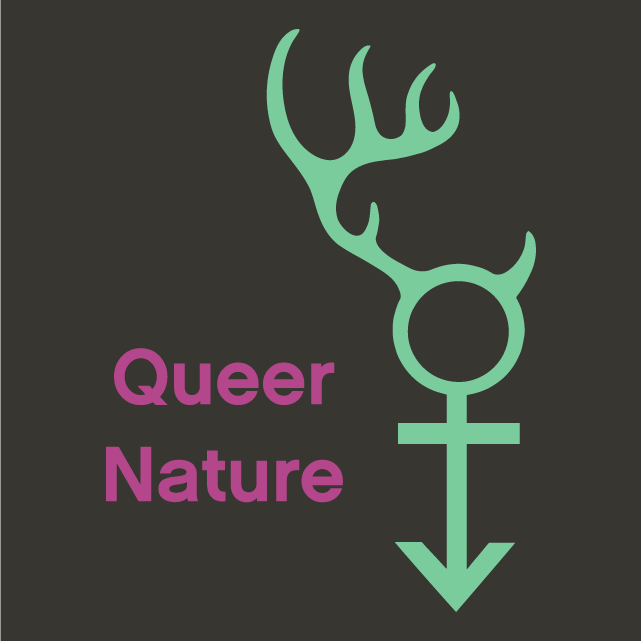
Queer Nature (from the archives)
Danielle and I speak with Pinar and So of Queer Nature about how it might look feel and be to queer and decolonize our understandings of who we are in connection with the places we live. How can we interrupt the dominant narrative of ecologies viewed through the lenses of heterocentric, capitalist, white supremacis colonial narratives? Does the land make space for divergent identities, life ways and lifeforms? How do we as queer folks who seek to learn more about ancestral skills and the land bases we live on practice on lands we may not be ancestrally connected to?
Originally aired April 9th, 2018.

Other platforms where you can listen to the show :
As well as : Breaker : Overcast : Pocket casts : RadioPublic



